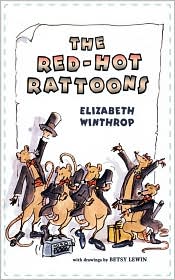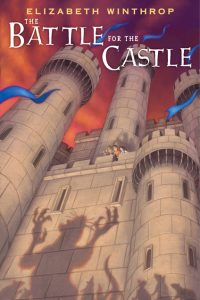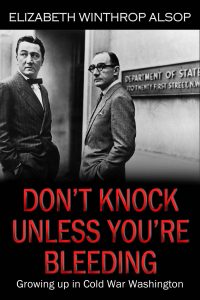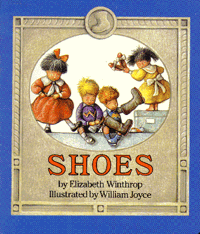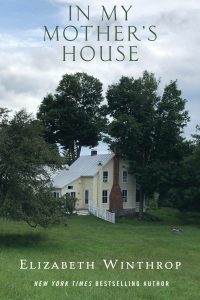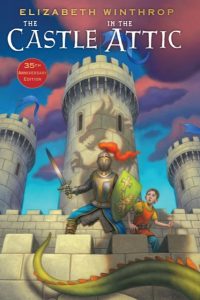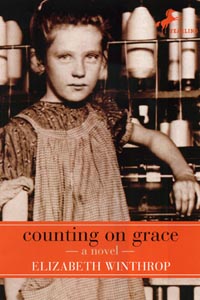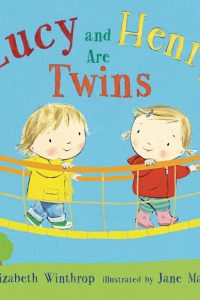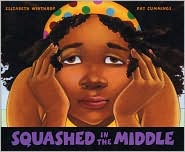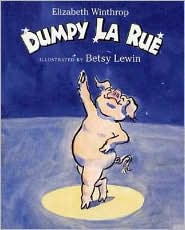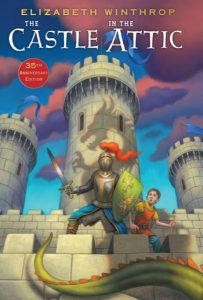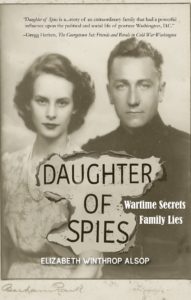Putting together a personal history of one’s parents in the years before you, the writer, was conceived or even dreamed of, is like assembling a jigsaw puzzle, knowing that there will always be some pieces missing. You will have to fill in the blanks with your own imagination or simply acknowledge to the reader that there are blanks.
Lately, I’ve been working on a section of the story that takes place soon after my parents met in August of 1942. Somehow, although my mother was sixteen and living in Stanway House attending a secretarial school in the Cotswolds and my father was training with his regiment in Yorkshire, he managed to get down to London on leave to meet her.
In putting together the puzzle of that fall in 1942, I assemble all the pieces I can; a timeline of the war in England, letters from my father to his family, letters from his brothers and father to him, my mother’s memories of the time. But I find I’m often distracted by bits and pieces that might not fit, but still give such eloquent testimony to the daily life during the war on both sides of the Atlantic. As an example, here is a piece of a letter from my grandfather, a dairy and shade tobacco farmer in Connecticut, a staunch opponent of FDR, even though his wife is Eleanor Roosevelt’s first cousin and they will spend that Christmas in the White House.
November 1, 1942
Dear Stew,
One other rather amusing form I received the other day was in regard to my bees. It transpires that beekeepers need a small amount of sugar to feed their bees during the winter in order to keep them happy and strong for their spring activities. The Connecticut Beekeepers Association, of which I am a humble member, has evidently taken this up with various governmental authorities, because they have received a form which they have in turn distributed to their members in order to secure this extra sugar. The first question on my form was, “How many hives have you?” The second question was, “How many bees in each hive?” I didn’t read any more after that, as I felt pretty well stopped. If I could get some of the bureaucrats to come and count the bees for me, why then it would be okay.·
I love the irony in my grandfather’s voice, the anti-administration dig he gets into this description, knowing his own son is a confirmed and enthusiastic Democrat.
Can I use this letter in my book? I’m not sure yet, but no matter what, reading it enlivens and enriches my own knowledge of the time and of the characters I’m portraying. That can only help make my book richer and more satisfying for the reader.
